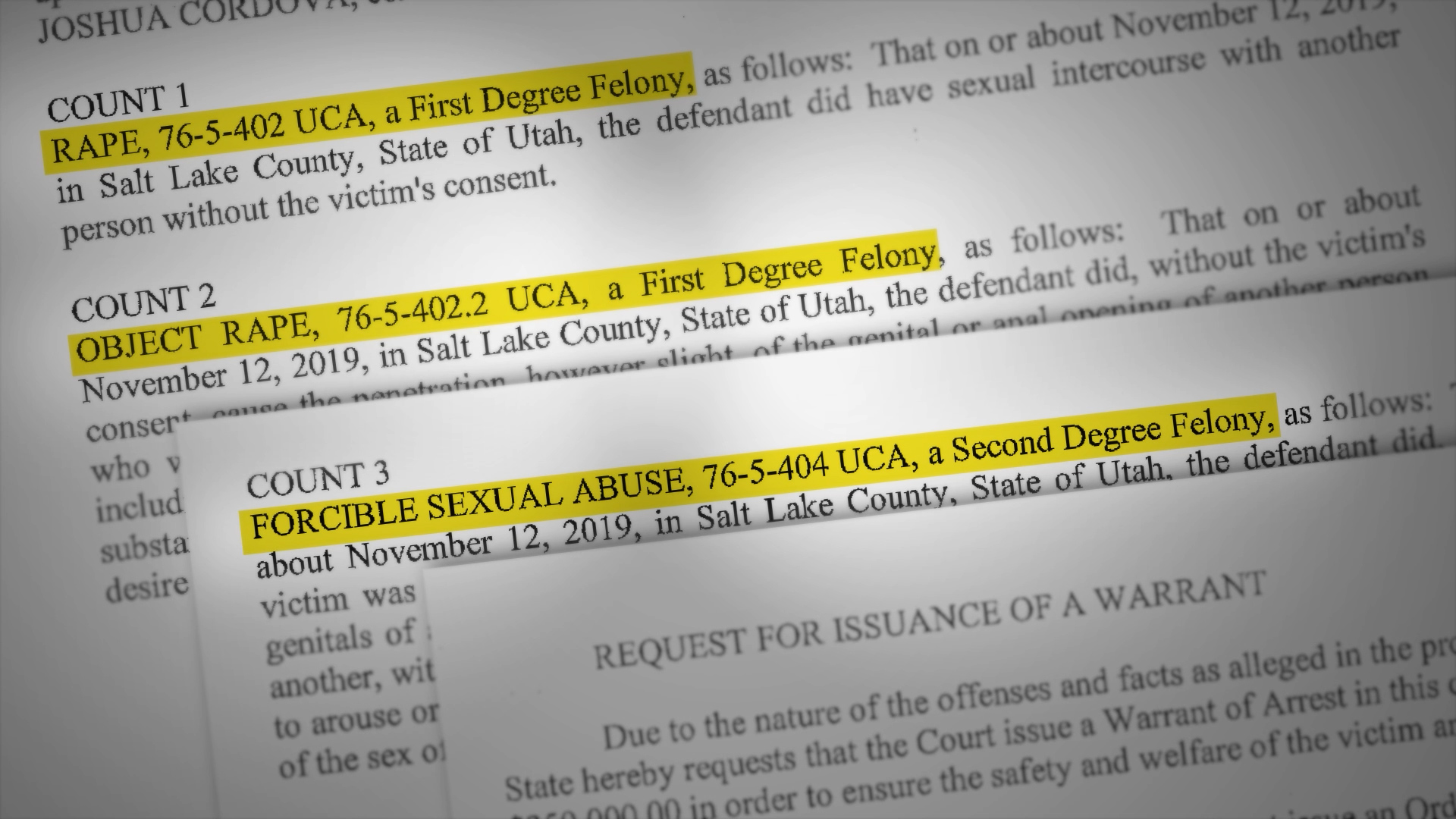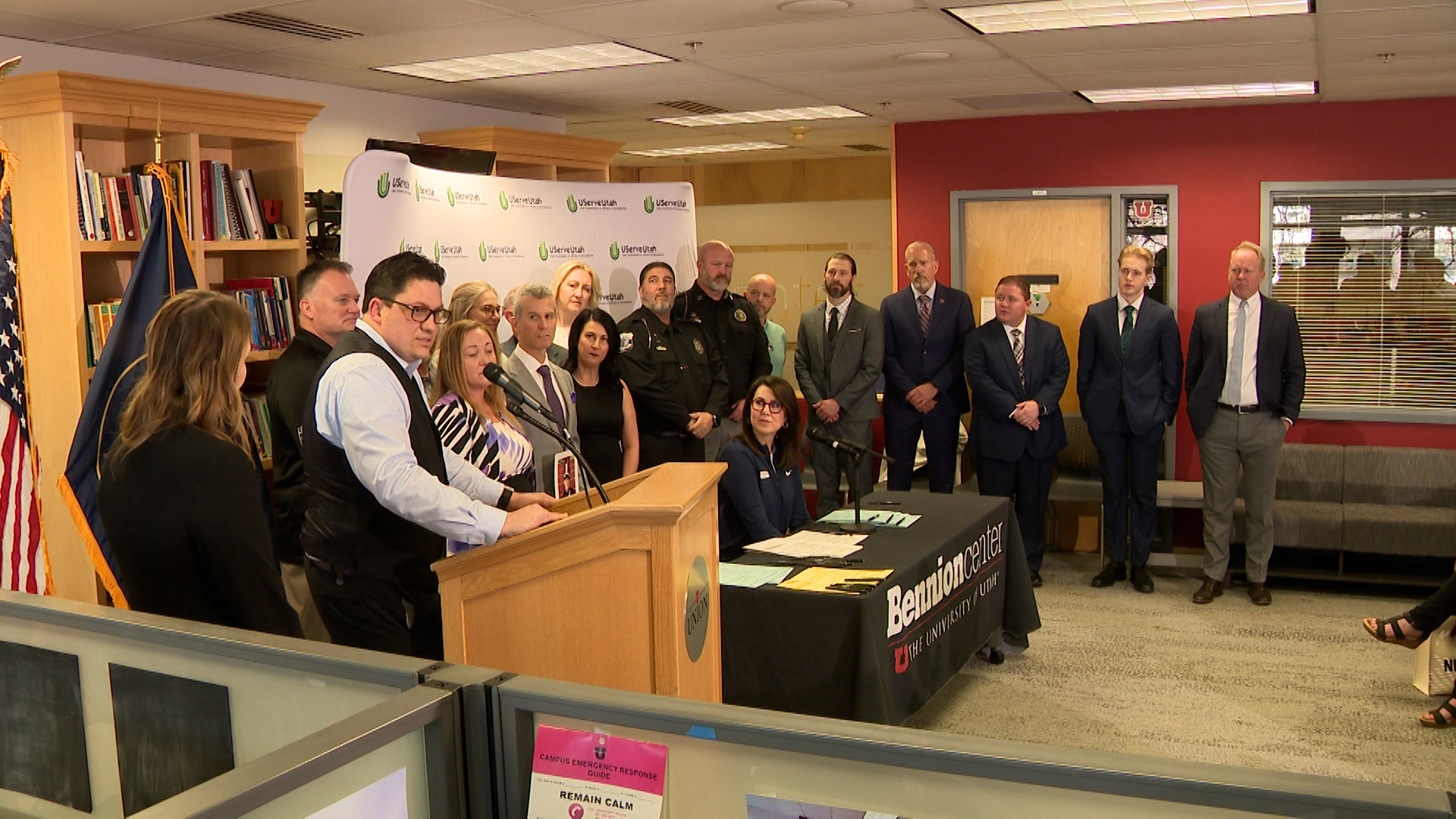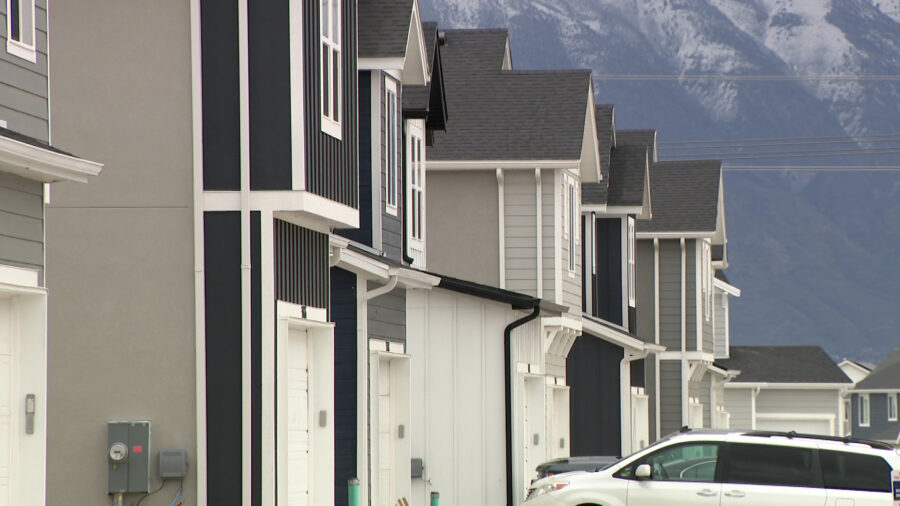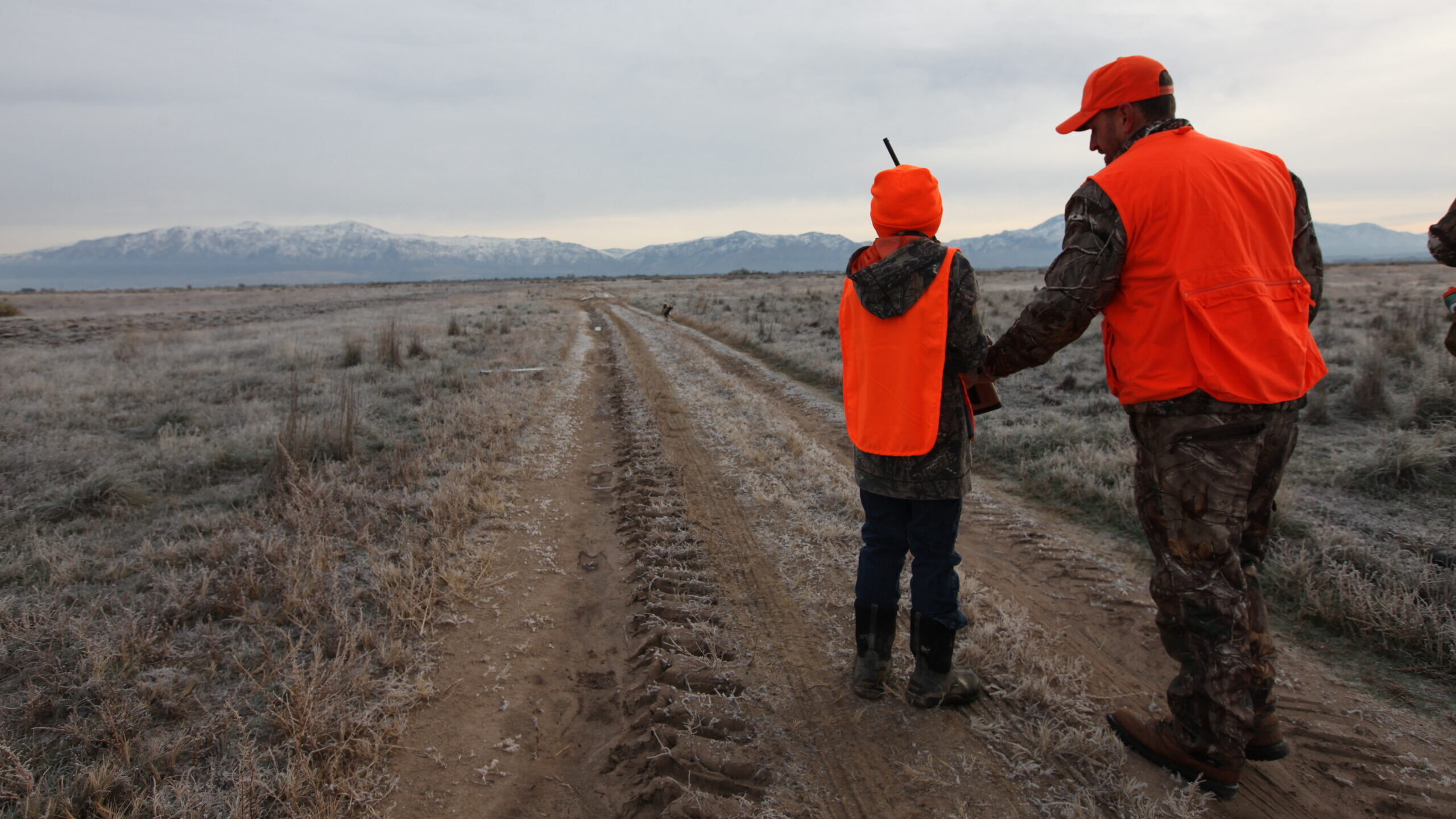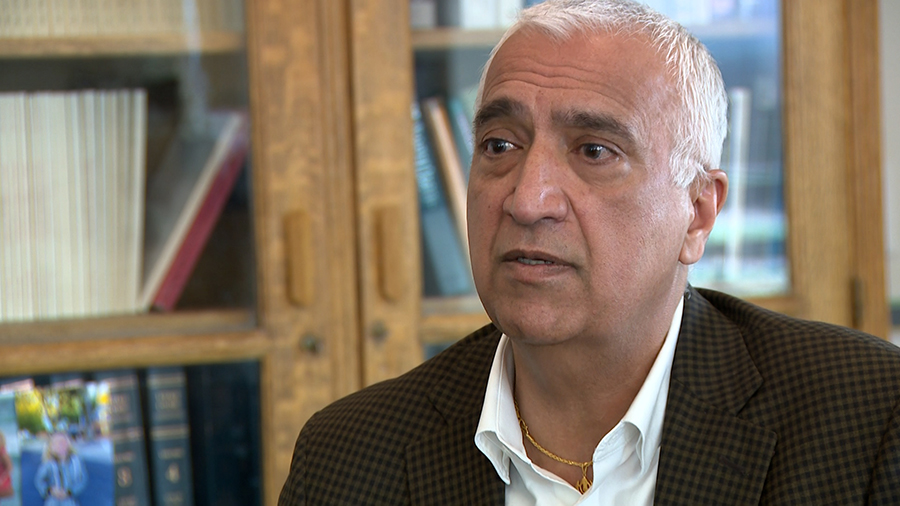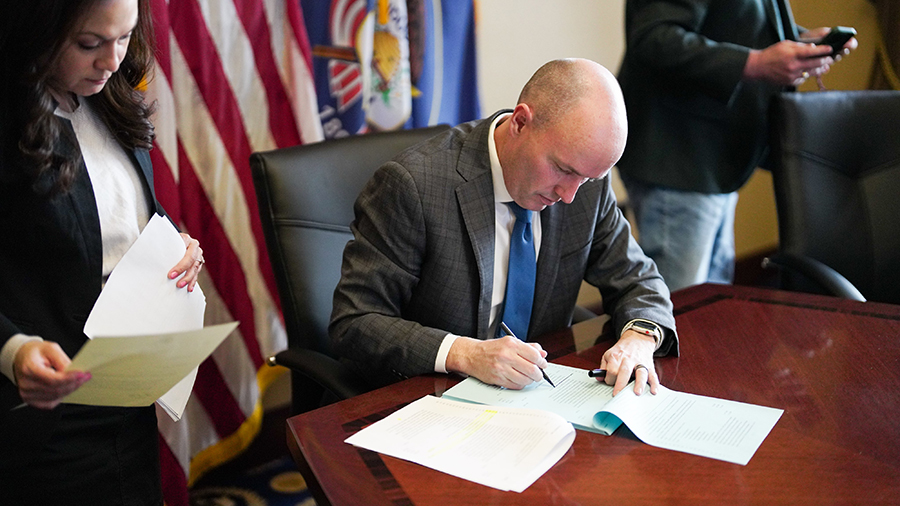Utah Legislature passes bathroom privacy bill, restricts transgender access
Jan 26, 2024, 7:01 PM | Updated: Jan 27, 2024, 9:54 am
SALT LAKE CITY — A wild week on Utah’s Capitol Hill has ended with a bill that dictates who can use which bathroom in government buildings. As of Friday evening, the bill was waiting for a signature from Gov. Spencer Cox.
This bill went through a bit of back and forth earlier Friday after the House and Senate made some changes to solidify that minor students wouldn’t be charged for going into a bathroom that didn’t identify with their sex at birth.
Ultimately, HB257 passed the legislature overwhelmingly.
It requires that biological males use men’s rooms and biological females use women’s restrooms in “government-owned or controlled” facilities unless a person has fully transitioned and changed their birth certificate. It defines male and female by an individual’s reproductive organs. This only applies to government spaces, not private businesses.
WATCH: The #UTLEG has passed the bill dealing with bathroom privacy and access for transgender people.
The bill doesn't assign criminal penalties for using a restroom of the opposite sex but Sen @danmccay says that using one that doesn't align with your sex at birth is a "risk." pic.twitter.com/nwuRJK2Wls
— Lindsay Aerts (@LindsayOnAir) January 27, 2024
The bill also requires more single-occupancy spaces in new buildings and to study the feasibility of retrofitting. It requires schools to develop a “privacy plan” for students.
It also addresses Title IX concerns requiring more equality in girls and boys facilities and sports schedules.
Speaking to reporters on the topic of bathroom access, Sen. Dan McCay, R–Riverton, the bill’s senate sponsor, was asked to explain who could use which bathroom.
“A person should go to the bathroom of their birth sex,” he said. “And if there’s questions, they ought to find a non-gender specific (restroom),” he said.
The bill does not penalize someone for just using the wrong bathroom, unless they cause “affront or alarm,” or commit a crime like lewdness, voyeurism, or loitering. And it stiffens those penalties, especially in the bathroom or changing area of the opposite sex. McCay added that a transgender person using a bathroom of the sex they identify with as opposed to the sex at birth, puts them “at risk.”
Salt Lake City and SL County mayors warn of fallout from 2 controversial bills
“Going into a bathroom that is not consistent with your birth gender, or your birth sex, you are putting yourself at greater risk. And that’s, I think, that’s the best way for everybody to look at it and say, ‘How do I avoid risk? How do I avoid risk of arrest and risk of alarm, risk of the criminal penalties that go along with it?’ I think it’s, you know, I think it’s pretty clear,” he said.
‘This is not over’
Democrats say they will continue to advocate for changes to the policy whether it’s this session or next.
“What we’re trying to convey to the public, this is not over,” said Senate Minority Leader Luz Escamilla, D–Salt Lake City.
“This is the beauty of a citizen legislature where all of us are going to go back and live with what we’re passing in those laws, whether it’s in higher ed, K-12 governmental entities, that interaction, the restaurants themselves, you know, how that’s going to work for all of us if we’re going to be witnessing incidents. I think that will be a teaching moment and come back and do what we have to do, right? So we’re asking people not to lose hope.”
HB 257 Passes The Utah Legislature
Today, Utah legislators continued to make important changes to HB 257, before passing it and sending the bill to the Governor for signature. The Senate and House met in a conference committee to agree to a new substitute that would ensure that… pic.twitter.com/IWxPw3bN1X— Equality Utah (@EqualityUtah) January 26, 2024
In a statement from Equality Utah, the state’s most well-known LGBTQ rights advocacy group, said they are grateful for those changes for students, but, added that they “hold the position that transgender Americans have the freedom and liberty to access facilities within public spaces.”
They also say they “are sorry for the fear and distress” many in the community are feeling.
As for whether the governor will sign it, he declined to comment to KSL TV.
McCay said that he and those working to pass this bill have been communicating with the governor’s office and said that “they have not expressed any major concerns thus far.”


